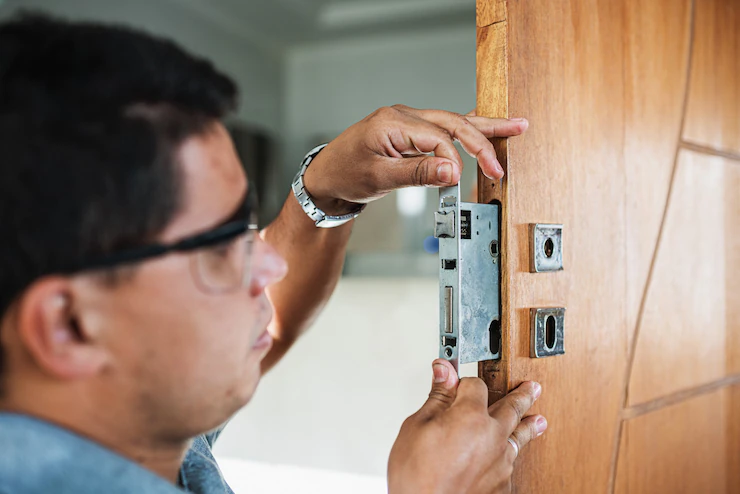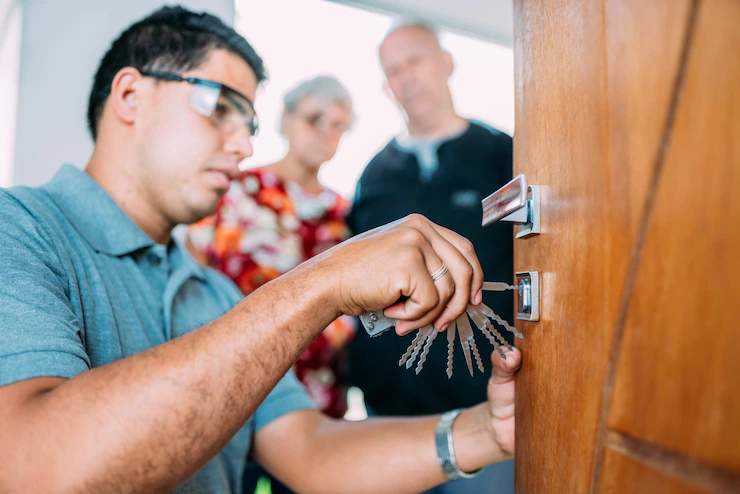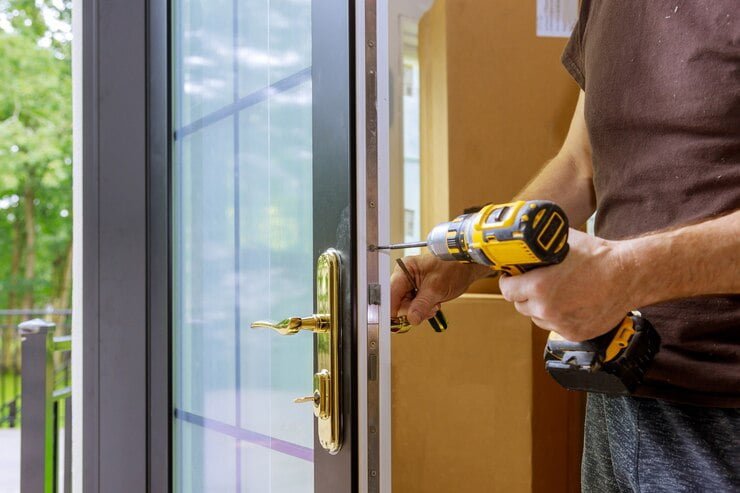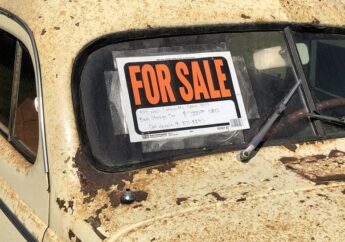How To Avoid A Fraud Locksmith?
by Arnab Dey How to Guides 28 June 2022

In the US, locksmith frauds are an all-too-regular occurrence. After becoming locked out of their house or automobile, many people turn to the internet to find a nearby locksmith. However, most people don’t know that locksmith fraudsters lurk among search results for firms that don’t exist.
They use phone numbers and bogus addresses to make their websites seem real. The “locksmith” is notorious for arriving late and overcharging you for breaking your door’s lock.
Please don’t feel bad if this has occurred to you. Hundreds of individuals are conned each year by these fraudsters, ubiquitous in the sector.
We’ve compiled a list of warning indicators that your “locksmith” is a con artist and what you should do if you become a victim of a locksmith scam. Let’s look at how to avoid a fraud locksmith.
Ways to Avoid a Fraud Locksmith:
1. Exercise Caution When Calling Toll-Free Numbers

An 800 number is used by a locksmith firm instead of a local phone number, which is very suspicious behavior. In many cases, it indicates that you’re dealing with an out-of-state contact center, which indicates that you’re the victim of a locksmith scam.
2. Stay away from shady locksmith businesses
Keep an eye out for locksmith firms that answer phone calls with generic words such as “locksmith services” rather than their company’s name or address. If a locksmith refuses to supply you with the official name of their company, look for another alternative
If you locate a locksmith with a “local” location, look up the address online to be sure it is the one you are looking for. Check to see if any other firms are using the same address. When you contact, inquire about the company’s location and ask for confirmation.
3. Check the vehicle for genuine locksmith branding
Scammers in the locksmith industry generally operate out of unmarked, unbranded cars. If they claim to work for a certain locksmith firm, then the emblem of that company should be displayed on their vehicle. When this isn’t the case, it’s a good cause to give them the side-eyed treatment.
4. Double-check your identification

Ask for identification from the locksmith when they come and proof of their locksmith license if your state needs one. When you call a qualified locksmith, they should also ask you for identification to ensure that they unlock your house or automobile and not someone else’s.
It is illegal to advertise or operate as a locksmith without having the required certifications in just 15 states:
- Texas
- Tennessee
- Oregon
- Oklahoma
- North Carolina
- Nevada
- New Jersey
- Nebraska
- Maryland
- Louisiana
- Illinois
- Alabama
- California
- Connecticut
- Virginia
If you reside somewhere else, you should be very wary of locksmiths who claim to have a license. Most likely, they’re putting on a show for you.
5. Keep an eye out for prices that seem to be suspiciously low
For starters, bogus locksmiths would often offer costs between $15 and $40. Their strategy is to attract clients with cheap pricing, only to raise the prices once they arrive on the premises.
The most often heard argument is that the task is more complex and would cost more money. While rates are not uncommon to fluctuate as work becomes more involved, the suspiciously low price quoted at the outset is a dead giveaway that something is wrong.
There are additional expenses when you hire a local mobile locksmith to come to your location. Costs associated with tools and licenses, as well as training and transportation, are too expensive.
A qualified locksmith can’t charge $15 yet generate enough money to keep their company solvent. The majority of locksmith businesses will charge at least $60 for a service call of this kind.
6. Confirm the cost of the job before it begins
Find a reliable locksmith in your area who is upfront and honest about their fees. Things may alter after your locksmith has identified the issue, but a trustworthy professional locksmith will be able to explain why. Before allowing them to begin the work, get a written estimate that includes a thorough cost breakdown and a list of any revisions that may occur.
7. Refrain from allowing the locksmith to drill your lock

Keep an eye out for locksmiths that insist on drilling or changing your lock if you’ve been locked out. Most expert locksmiths are equipped with the knowledge and gear necessary to open almost any door.
A rekey or a replacement lock will almost always be available to you if the lock is damaged. Drilling is usually only required to access high-security locks, and only in extreme cases.
8. Identify a Reputable Locksmith in Advance of the Emergency
The most reliable technique to determine whether or not a locksmith is trustworthy is preliminary research on them. Contact them, ask them thorough questions, and read their customer evaluations.
Once you’ve found a credible locksmith that meets all of your requirements, store their contact information in your phone for future reference.
In the meanwhile, be sure to do regular door lock maintenance. Learning how to manage your locks properly can help you avoid becoming a victim of a locksmith scam by preventing the need for one in the first place.
Also, if you’re tired of misplacing your keys (or having your children misplace theirs), a keyless lock is just as secure as a traditional deadbolt. If you’d like not to have to deal with any future lock-related crises, this is an update to think about.
9. Ask the Right Questions to Avoid Getting Conned by a Locksmith

Before you choose a locksmith, ask yourself the following questions. If a company cannot offer specific responses, avoid doing business with them.
- What part of the world are you in?
- How are you planning on getting inside the house?
- Will you have to drill a hole in my lock? Could you please explain the procedure in detail?
- Can you offer me a ballpark figure? What are the elements that will influence this price?
- Is cash required, or is it possible to pay with a credit card?
- Can you tell me the locksmith’s name who will be going to my house?
Conclusion
If you believe you have been overcharged or cheated by a bogus locksmith, you should call your state’s attorney general’s office. They may be able to assist in mediating disputes or even recouping monies in certain instances. Perhaps, now that you are aware of the game being played, you will be able to prevent this from happening.
Read Also:



































































































